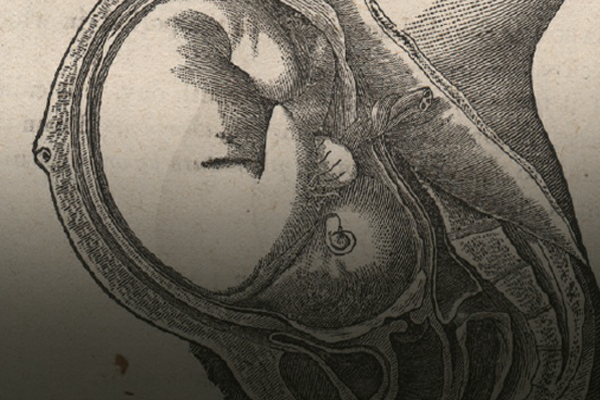
Or does He?
You don’t have to be a Christian long to experience an “unanswered prayer.” Maybe that’s because most of us want “yes” answers. If you’re determined to have God grant your requests, you may want to ask for something that God always provides. According to the New Testament, you can have confidence that God will always say “yes” to the following three requests:
Requests for Salvation: The Bible promises that everyone who seeks a relationship with God can have one. It doesn’t require a precondition or a set of qualifications. According to the New Testament, each of us can come to God just as we are. The Apostle Paul wrote, “…for ‘whoever will call on the name of the Lord will be saved.’” (Romans 10:13)
Requests for Forgiveness: After asking for salvation, God doesn’t leave us just as we are. Instead, he forgives us for the many things we’ve done that fall short of His standard of perfection. The Apostle John wrote, “If we confess our sins, He is faithful and righteous to forgive us our sins and to cleanse us from all unrighteousness.” (1 John 1:9)
Requests for Wisdom: Once we’ve accepted the forgiveness and salvation of God, He continues to guide us, especially when we encounter a crisis of one kind or another. When we find ourselves asking, “What should I do?” or “How should I respond?” God promises to provide the kind of wisdom we’re looking for. The Apostle James (the brother of Jesus) wrote, “But if any of you lacks wisdom, let him ask of God, who gives to all generously and without reproach, and it will be given to him.” (James 1:5)
If you want God to grant your requests, you might start by asking for something He always offers: forgiveness, salvation or wisdom. If you’re asking for something else, don’t be fooled into thinking He hasn’t answered if you don’t get the response you were hoping for. While God says “yes” to many prayers, He also says “no” or “not yet”. All three of these responses are answers.
As a parent, I’ve had the experience of having to say “no” (or to remain silent) when my children made requests, even when I desperately wanted to make them happy in the moment. There were times when I recognized the danger of saying “yes”, and there were times when I understood the importance of being patient. As an adult, I knew the long-term benefits and risks – in a sense – I could see the end from the beginning. In those situations, my kids needed to trust my wisdom even if they couldn’t understand my response at the time. I was confident that they would someday understand why I said, “no”. Most Christians in America pray regularly because we believe the promises of God. That’s why we trust Him for an answer, even if it isn’t the one we were hoping for. Share on X
In a similar way, we need to patiently accept whatever answer we get from God, knowing we will eventually understand why He responded the way He did. If we get a “no” or a “not yet”, it won’t be because He didn’t love us or wasn’t listening. God sees the end from the beginning (Isaiah 46:10) and has a complete understanding of what is good for us, even if it doesn’t make sense to us at the time (Isaiah 55:8-9). Most Christians in America pray regularly because we believe the promises of God. That’s why we trust Him for an answer, even if it isn’t the one we were hoping for.
This article first appeared at Townhall.com

J. Warner Wallace is a Dateline featured Cold-Case Detective, Senior Fellow at the Colson Center for Christian Worldview, Adj. Professor of Christian Apologetics at Talbot School of Theology, Biola University, author of Cold-Case Christianity, God’s Crime Scene, and Forensic Faith, and creator of the Case Makers Academy for kids.
Subscribe to J. Warner’s Daily Email
J. Warner Wallace is a Dateline featured cold-case homicide detective, popular national speaker and best-selling author. He continues to consult on cold-case investigations while serving as a Senior Fellow at the Colson Center for Christian Worldview. He is also an Adj. Professor of Christian Apologetics at Talbot School of Theology, Biola University, and a faculty member at Summit Ministries. He holds a BA in Design (from CSULB), an MA in Architecture (from UCLA), and an MA in Theological Studies (from Gateway Seminary).






































